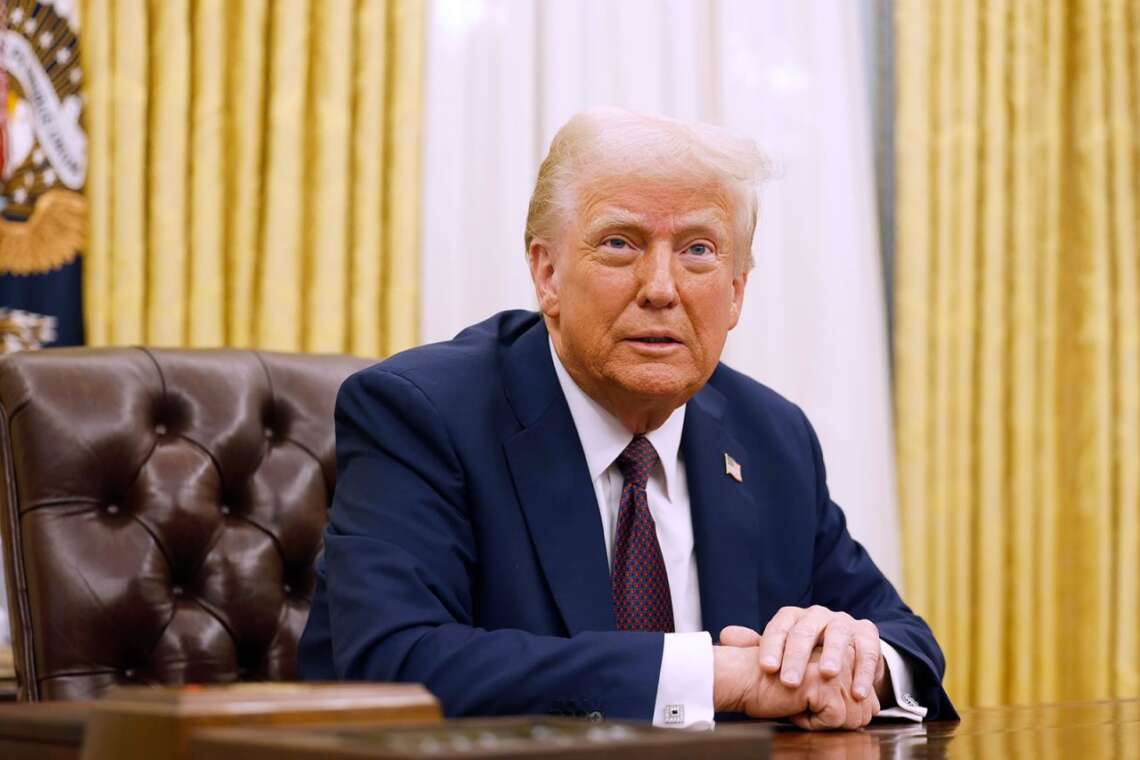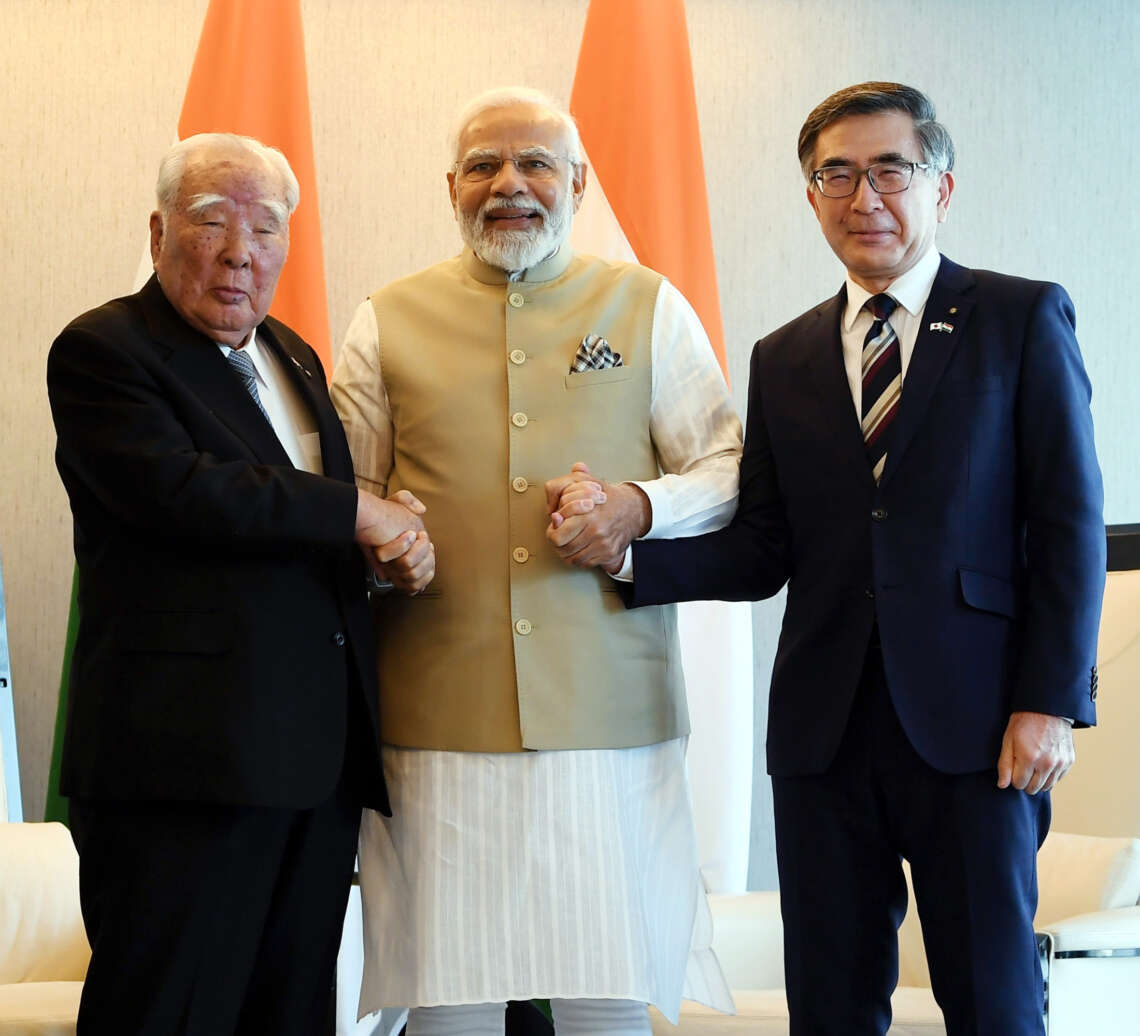Colombia reverses its stance on deportees after US President Donald Trump threatens steep tariffs, showcasing his strategy to enforce migration policies. The move is part of a broader crackdown on illegal immigration, prioritising deportation of criminal migrants.
Colombia has yielded to US pressure and agreed to accept deportees after President Donald Trump threatened a 25% tariff on Colombian imports, escalating to 50% within a week if resistance persisted. The announcement marks a pivotal moment in Trump’s campaign to enforce stricter immigration controls.
Colombia initially blocked US military planes carrying deportees but relented after the tariff ultimatum. By Sunday night, the White House confirmed Colombia’s “unrestricted acceptance” of deported nationals, including those flown in on military aircraft.
Trump’s administration has reinvigorated deportation efforts, focusing on migrants with criminal records. Federal agencies, including the Department of Homeland Security (DHS) and Immigration and Customs Enforcement (ICE), have ramped up targeted operations in cities like Chicago and Newark, arresting individuals linked to crimes ranging from gang affiliations to terrorism.
Secretary of State Marco Rubio emphasised that nations must take back their citizens “in a serious and expeditious manner.” Similar actions have seen Mexico briefly resist deportee flights before capitulating and Brazil protesting the treatment of deportees.
India, too, is cooperating, agreeing to accept around 20,000 deportees, aligning with its own concerns about criminal networks. With approximately 725,000 undocumented Indians in the US, according to Pew Research Centre, this move also addresses India’s security priorities.
Trump’s actions have sparked mixed reactions, particularly in sanctuary cities like Chicago, which traditionally shield undocumented migrants. Despite local resistance, Illinois Governor JB Pritzker stated that the state would support deportations of criminal migrants but not raids.
The crackdown coincides with Trump’s declaration of a national emergency over illegal migration. Federal agencies, including ICE and the Drug Enforcement Administration (DEA), have launched high-profile raids, targeting gangs like Venezuela’s Tren de Aragua and criminal offenders.
As deportation efforts intensify, Trump’s tariff threats appear to serve as a potent tool for compelling compliance from other nations, previewing a broader strategy to fulfil his immigration policy promises.
ALSO READ: Judge blocks Trump’s order ending birthright citizenship









